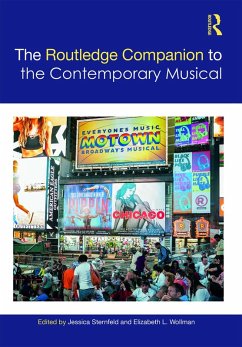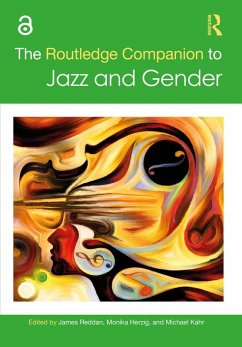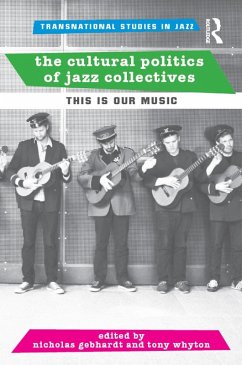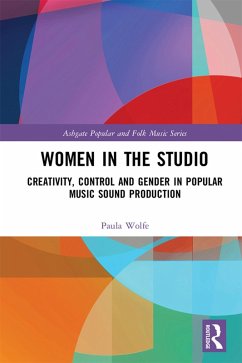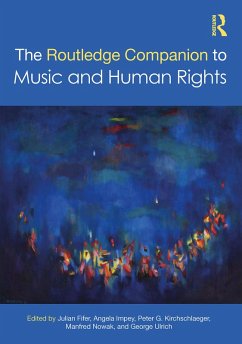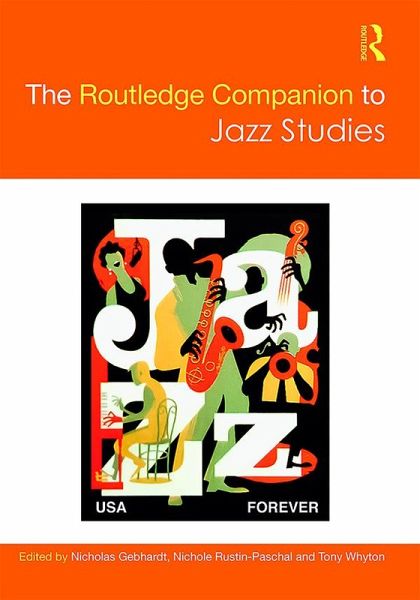
The Routledge Companion to Jazz Studies (eBook, PDF)
Versandkostenfrei!
Sofort per Download lieferbar
46,95 €
inkl. MwSt.
Weitere Ausgaben:

PAYBACK Punkte
23 °P sammeln!
The Routledge Companion to Jazz Studies presents over forty articles from internationally renowned scholars and highlights the strengths of current jazz scholarship in a cross-disciplinary field of enquiry. Each chapter reflects on developments within jazz studies over the last twenty-five years, offering surveys and new insights into the major perspectives and approaches to jazz research. The collection provides an essential research resource for students, scholars, and enthusiasts, and will serve as the definitive survey of current jazz scholarship in the Anglophone world to-date. It extends...
The Routledge Companion to Jazz Studies presents over forty articles from internationally renowned scholars and highlights the strengths of current jazz scholarship in a cross-disciplinary field of enquiry. Each chapter reflects on developments within jazz studies over the last twenty-five years, offering surveys and new insights into the major perspectives and approaches to jazz research. The collection provides an essential research resource for students, scholars, and enthusiasts, and will serve as the definitive survey of current jazz scholarship in the Anglophone world to-date. It extends the critical debates about jazz that were set in motion by formative texts in the 1990s, and sets the agenda for the future scholarship by focusing on key issues and providing a framework for new lines of enquiry. It is organized around six themes: I. Historical Perspectives, II. Methodologies, III. Core Issues and Topics, IV. Individuals, Collectives and Communities, V. Politics, Discourse and Ideology and VI. New Directions and Debates.
Dieser Download kann aus rechtlichen Gründen nur mit Rechnungsadresse in A, B, BG, CY, CZ, D, DK, EW, E, FIN, F, GR, HR, H, IRL, I, LT, L, LR, M, NL, PL, P, R, S, SLO, SK ausgeliefert werden.







